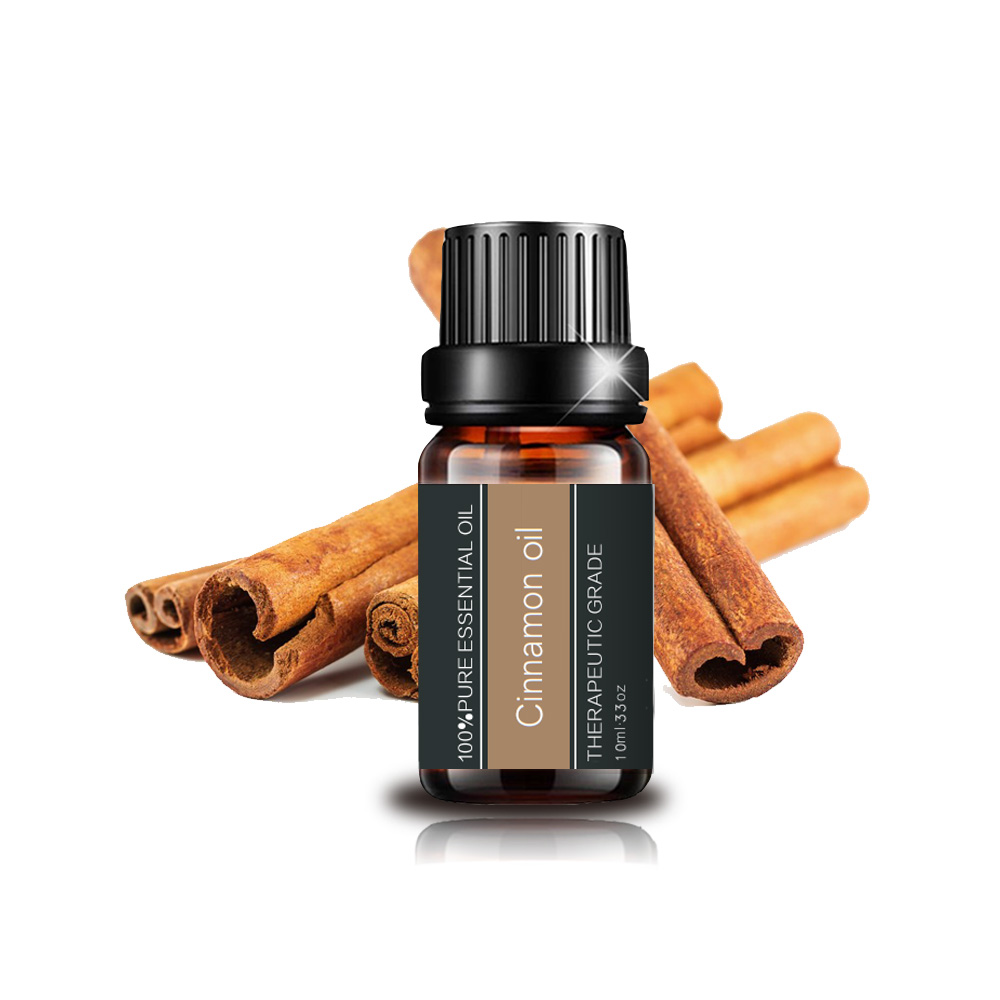Cinnamon bark oil (Cinnamomum verum) is derived from the plant of the species name Laurus cinnamomum and belongs to the Lauraceae botanical family. Native to parts of South Asia, today cinnamon plants are grown across different nations throughout Asia and shipped around the world in the form of cinnamon essential oil or cinnamon spice. It’s believed that today over 100 varieties of cinnamon are grown worldwide, but two types are definitely the most popular: Ceylon cinnamon and Chinese cinnamon.
Browse through any essential oils guide, and you’ll notice some common names like cinnamon oil, orange oil, lemon essential oil and lavender oil. But what makes essential oils different than ground or whole herbs is their potency. Cinnamon oil is a highly concentrated source of beneficial antioxidants. (1)
Cinnamon has a very long, interesting background; in fact, many people consider it one of the longest-existing spices in human history. Cinnamon was highly valued by ancient Egyptians and has been used by Chinese and Ayurvedic medicine practitioners in Asia for thousands of years to help heal everything from depression to weight gain. Whether in extract, liquor, tea or herb form, cinnamon has provided people relief for centuries.
Benefits of Cinnamon Oil
Throughout history, the cinnamon plant has been tied to protection and prosperity. It’s said to have been part of a mixture of oils used by grave-robbing bandits to protect themselves during the plague in the 15th century, and, traditionally, it’s also associated with the ability to attract wealth. In fact, if you were lucky enough to have cinnamon during ancient Egyptian times, you were considered a wealthy man; records show that the value of cinnamon might have been equivalent to gold!
The cinnamon plant is used in a few different ways to produce medicinally beneficial products. For example, you’re probably familiar with common cinnamon spice that’s sold in nearly every grocery store in the U.S. Cinnamon oil is a bit different because it’s a much more potent form of the plant that contains special compounds not found in the dried spice.
According to research, the list of cinnamon benefits is long. Cinnamon is known to possess antioxidant, anti-inflammatory, antimicrobial, anti-diabetic, and anticancer properties. It can also help to fend off heart disease, high cholesterol and neurological health disorders, like Alzheimer’s and Parkinson’s disease. (2)
The major active components of cinnamon essential oil taken from the bark are cinnamaldehyde, eugenol, and linalool. These three make up about 82.5 percent of the oil’s composition. The primary ingredient of cinnamon essential oil depends upon which part of the plant the oil comes from: cinnamaldehyde (bark), eugenol (leaf) or camphor (root). (3)
There are two primary types of cinnamon oils available on the market: cinnamon bark oil and cinnamon leaf oil. While they have some similarities, they’re different products with somewhat separate uses. Cinnamon bark oil is extracted from the outer bark of the cinnamon tree. It’s considered very potent and has a strong, “perfume-like” smell, almost like taking an intense whiff of ground cinnamon. Cinnamon bark oil is usually more expensive than cinnamon leaf oil.
Cinnamon leaf oil has a “musky and spicy” smell and tends to have a lighter color. While cinnamon leaf oil might appear yellow and murky, cinnamon bark oil has a deeper red-brown color that most people usually associate with cinnamon spice. Both are beneficial, but cinnamon bark oil may be more potent.
Many of the benefits of cinnamon bark oil have to do with its ability to dilate blood vessels. Cinnamon bark can help enhance nitric oxide function, which causes increased blood flow and lower levels of inflammation. (4)
Some of the most researched health benefits of cinnamon oil include:
- Decreases inflammation
- Reduces blood sugar
- Decreases bad cholesterol
- Fights infections
- High antioxidant content
- Stimulates the immune system
- Stimulates libido
- Fights parasites
1. Heart Health-Booster
Cinnamon oil can naturally help to boost heart health. An animal study published in 2014 demonstrates how cinnamon bark extract along with aerobic training can help to improve heart performance. The study also shows how cinnamon extract and exercise can help to lower both overall cholesterol and LDL “bad” cholesterol while raising HDL “good” cholesterol. (5)
Cinnamon has also been shown to help foster nitric oxide production, which is beneficial for people with heart disease or who have suffered from a heart attack or stroke. In addition, it contains anti-inflammatory and anti-platelet compounds that can further benefit arterial health of the heart. (6)
2. Natural Aphrodisiac
In Ayurvedic medicine, cinnamon is sometimes recommended for sexual dysfunction. Is there any validity to that recommendation? Animal research published in 2013 points towards cinnamon oil as a possible natural remedy for impotence. For the animal study subjects with age-induced sexual dysfunction, Cinnamomum cassia extract was shown to improve sexual function by effectively boosting both sexual motivation and erectile function. (7)
3. Improves Blood Sugar Levels
In both human and animal models, cinnamon has been shown to have positive effects on insulin release, which means it can help keep blood sugar stable and therefore prevent chronic fatigue, moodiness, sugar cravings and overeating.
In a study of 60 people with type 2 diabetes, three different amounts (one, three or six grams) of cinnamon supplementation taken for 40 days all resulted in lower blood glucose levels as well as lower levels of triglycerides, LDL cholesterol and total cholesterol. (8)
You can use a high grade, pure cinnamon oil in your food to reap its blood sugar benefits. Of course, don’t overdo it because you don’t want your blood sugar to be too low either. Inhaling cinnamon essential oil can also help to keep unhealthy food cravings away.
NAME:Kelly
CALL:18170633915
WECHAT:18770633915
Post time: May-29-2023


